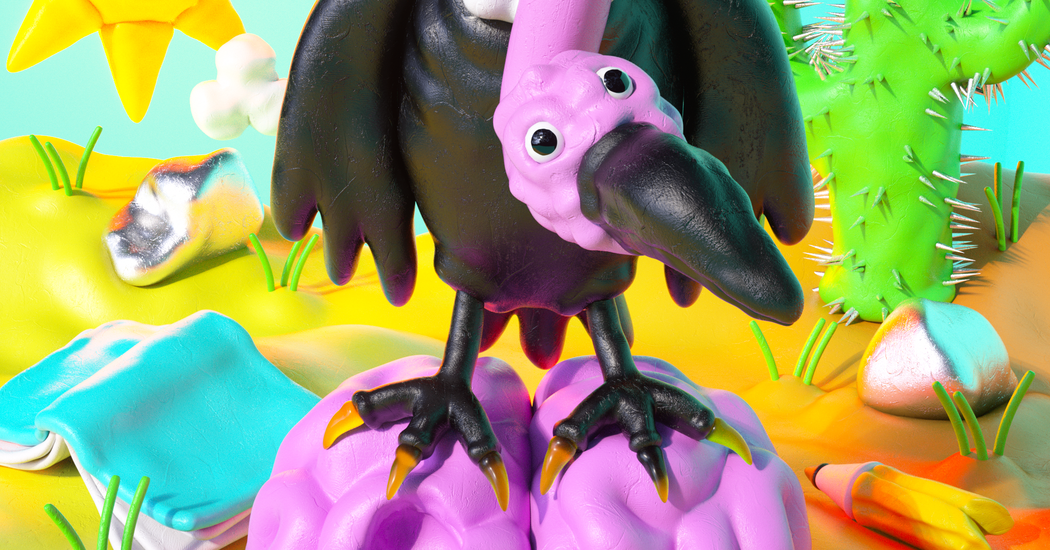cross-posted from: https://lemmy.ml/post/5400607
This is a classic case of tragedy of the commons, where a common resource is harmed by the profit interests of individuals. The traditional example of this is a public field that cattle can graze upon. Without any limits, individual cattle owners have an incentive to overgraze the land, destroying its value to everybody.
We have commons on the internet, too. Despite all of its toxic corners, it is still full of vibrant portions that serve the public good — places like Wikipedia and Reddit forums, where volunteers often share knowledge in good faith and work hard to keep bad actors at bay.
But these commons are now being overgrazed by rapacious tech companies that seek to feed all of the human wisdom, expertise, humor, anecdotes and advice they find in these places into their for-profit A.I. systems.



For the trust issues: Yeah, but on the other hand.
We’ll just have to go by figuring out who we can trust again. That’s a loss, but not as catastrophic as this article makes it sound.
As for the creativity issues, that’s not a new problem at all. Portrait painter used to be a lucrative profession before cameras, for example. If it’s only a few types of content (namely the kind that doesn’t rely on concept originality in this case) society adjusts with only short term pain. Bug me about when we have GAI in a few years that can do everything or how the shift this will encourage in our society could cause secondary problems instead.
I’m sure glad we’re talking about this stuff, though! If AI happened quietly with no debate I’d be much more afraid.